 AD
AD
Today is: November 22
Scroll to explore events active on this date.
Additional Events on LEEP
LEEP INK FEATURES

August is Appropos
A toddler playing in the fountain at a park in Santa Fe, New Mexico—Photo LD Lewis. In August, we live through the Dog Days of Summer. It's hot and often humid, and those ...

September is Sassy
Can you hear that sigh of relief from parents worldwide? Yes! September marks the return of students to school, a global phenomenon. Preparations for the ACT and SATs begin earnestly for ...

OOH LA LA, October
October is the busiest month for events, with 5% more happening than in May, the second most eventful month. Sailing enthusiasts will be glued to the finals of this year's Am...
About the International Day to Combat Islamophobia
Military , Politics
Ends: Mar 15, 2024
DESCRIPTION:
Islamophobia refers to a fear, prejudice, and hatred towards Muslims that leads to hostility, intolerance, and discrimination both online and offline. It is rooted in institutional, ideological, political, and religious hostility, often manifested through structural and cultural racism. Islamophobia targets symbols and markers associated with being Muslim and is driven by the perception that Islamic religion, tradition, and culture pose a threat to Western values.
Some experts prefer the term "anti-Muslim hatred" to avoid stifling freedom of expression, but international human rights law protects individuals, not religions. Islamophobia can also affect non-Muslims based on nationality, race, or ethnicity.
A report by the UN Special Rapporteur on freedom of religion or belief highlights that suspicion, discrimination, and outright hatred towards Muslims have reached epidemic proportions. Following terrorist attacks associated with Islam, institutional suspicion of Muslims has escalated, leading to disproportionate measures targeting them. Negative representations and stereotypes perpetuate discrimination, hostility, and violence against Muslims.
Muslims often face discrimination in accessing goods, services, employment, and education, especially in countries where they are a minority. Xenophobic perceptions associate Muslims with national security and terrorism threats, leading to denial of citizenship or legal status. Muslim women are particularly vulnerable to Islamophobic hate crimes.
Governments have implemented anti-hate crime legislation, prevention measures, and public awareness campaigns to combat Islamophobia. The United Nations General Assembly designated March 15 as the International Day to Combat Islamophobia, emphasizing that terrorism and violent extremism should not be associated with any religion or group. The day aims to promote a culture of tolerance, peace, and respect for human rights and religious diversity.
The UN Secretary-General has highlighted that Islamophobia is part of a larger trend of ethno-nationalism, neo-Nazism, and hate speech targeting vulnerable populations. In response to rising hate speech, the United Nations launched a Strategy and Plan of Action on Hate Speech.
Overall, addressing Islamophobia requires concerted efforts to combat discrimination, promote tolerance, and protect the rights and dignity of Muslims and all individuals affected by such prejudice.
VIDEOS
Currently, this event does not have supporting videos.
SUPPORTING DOCUMENTS
Currently, this event does not have supporting documents.
ADDITIONAL IMAGES
Currently, this event does not have supporting images.
Where would you like to go now?
LAST UPDATED:
Dec 17, 2023EVENT MANAGER:
Currently, this event does not have any manager yet. AD
AD









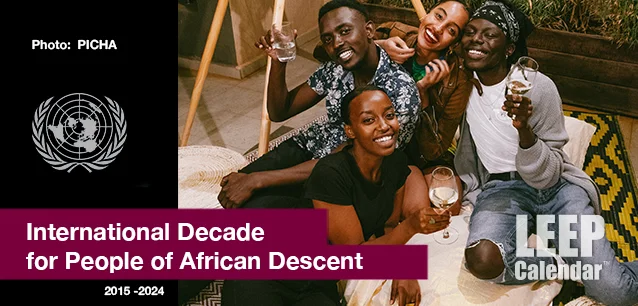


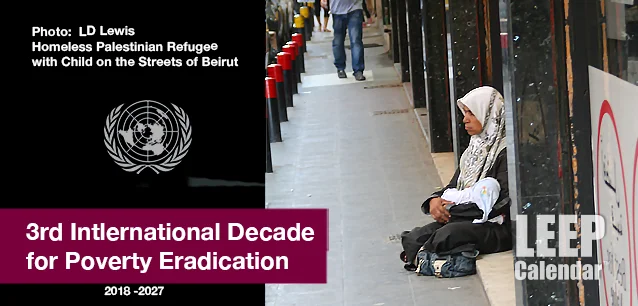


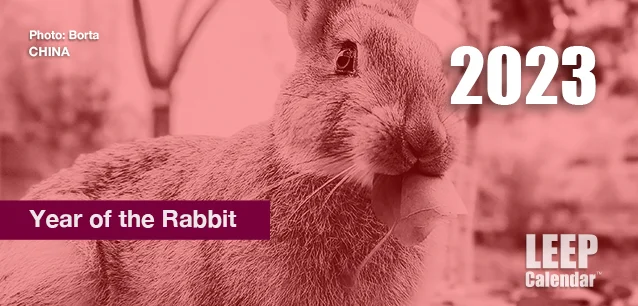



























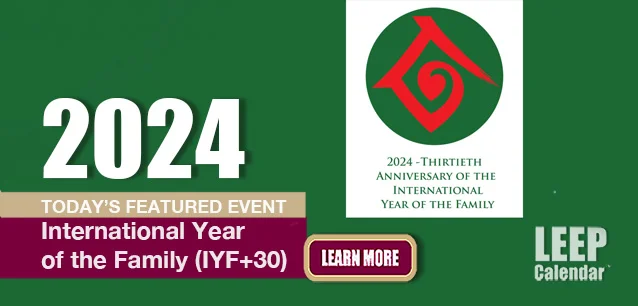











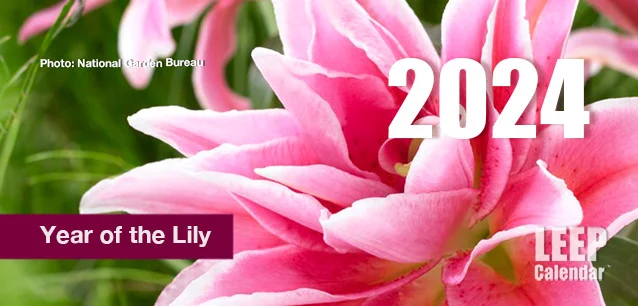

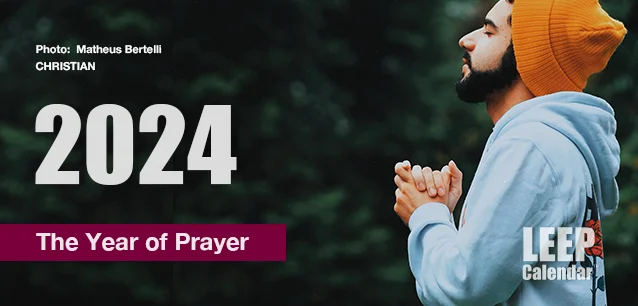









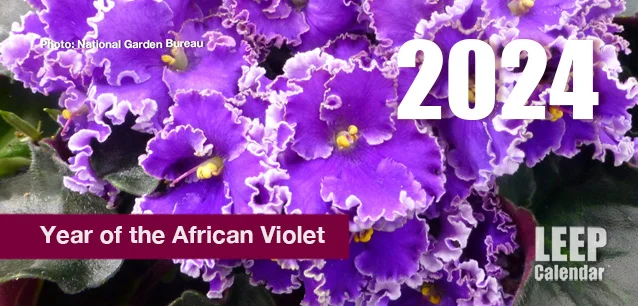


/footer-logo.svg)
